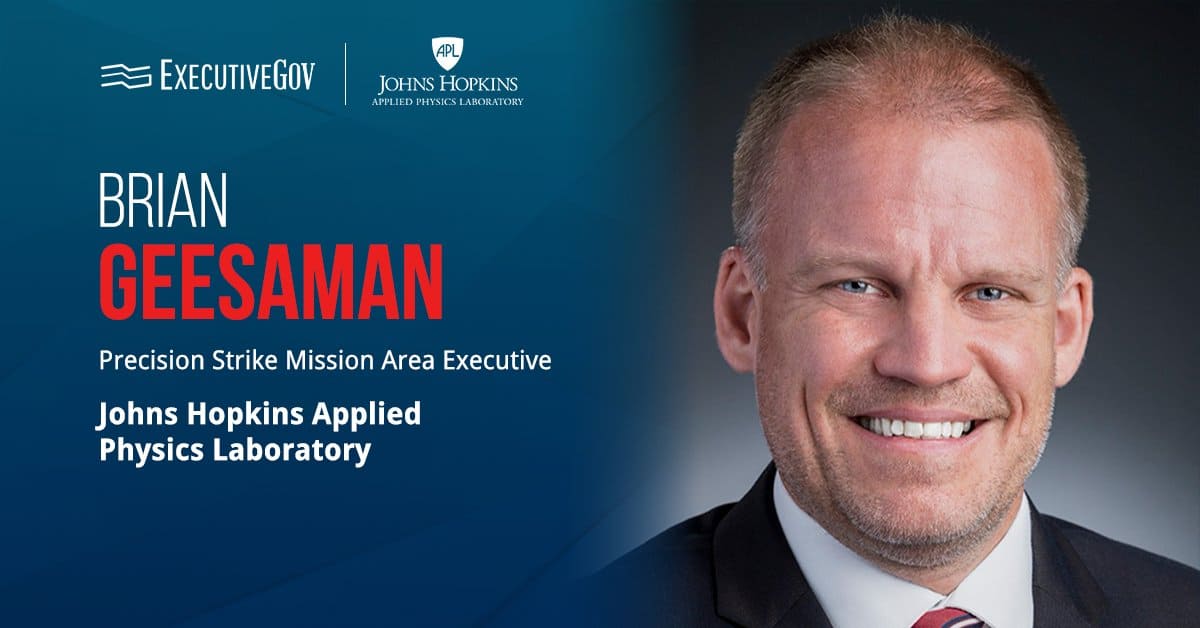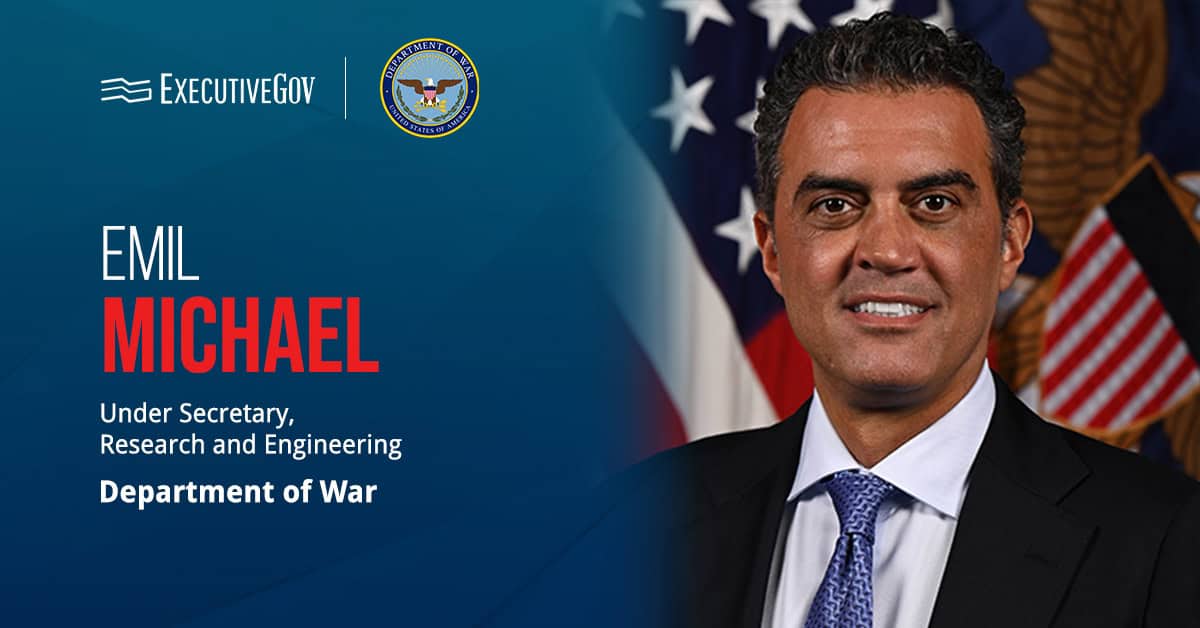Darrell Phillipson, former vice director of the Air Force Research Laboratory’s 711th Human Performance Wing, assumed leadership of the materials and manufacturing directorate at AFRL and received appointment to join the Senior Executive Service.
He will manage an organization composed of more than 900 civilian, military and contractor personnel, AFRL said Wednesday.
The directorate led by Phillipson focuses on developing materials, processes and advanced manufacturing technologies to help produce military air platforms and ground systems.
Phillipson joined the Air Force in 1989 as a Strategic Air Command airman and entered civilian service in 2007 as deputy chief of AFRL’s plans and programs space sector.
Maj. Gen. Heather Pringle, commander of AFRL, presented the Meritorious Civilian Service Award to Phillipson at a ceremony held Friday in recognition of the latter’s service to the country.





